WHAT IS WHOOPING COUGH?
Whooping cough, also referred to as pertussis, is a highly contagious respiratory tract infection (RTI). In many people, it is marked by a serious hacking cough accompanied by a high-pitched intake of breath that sounds like “whoop.”
Before the whooping cough vaccine was developed, it was considered a childhood disease. Now whooping cough mainly affects children too young to have completed the entire course of vaccinations and teenagers and adults whose immunity has weakened.
Deaths related to whooping cough are uncommon but most commonly happen in infants. That is why it is so crucial for pregnant women and other people who will be in close contact with an infant to be vaccinated against whooping cough.
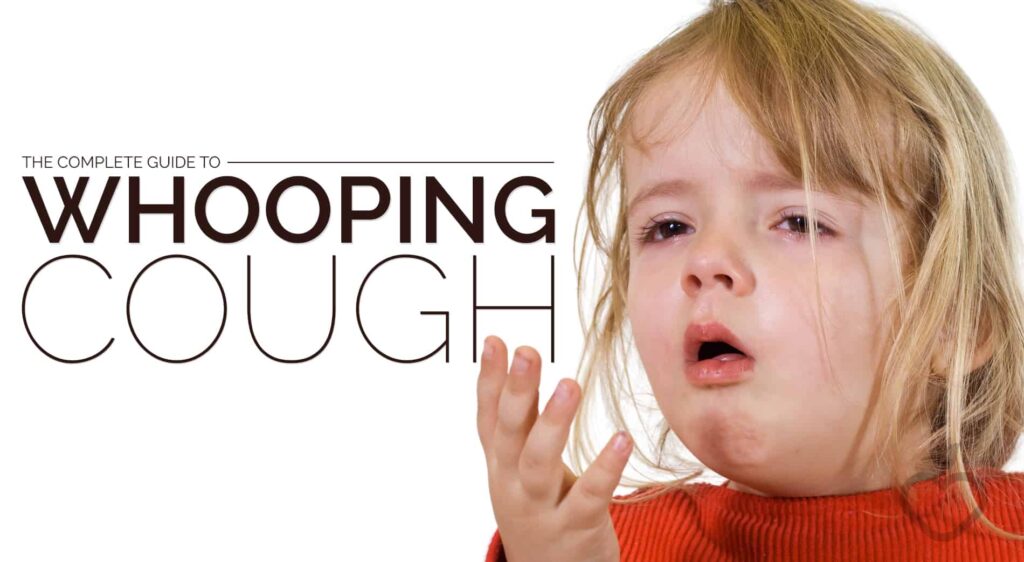
WHOOPING COUGH SYMPTOMS
Once you become infected with whooping cough, it takes about seven to ten days for signs and symptoms to appear, although it could sometimes take longer. They are often mild at first and resemble those of a common cold:
- Runny nose
- Nasal congestion
- Red, watery eyes
- Fever
- Cough
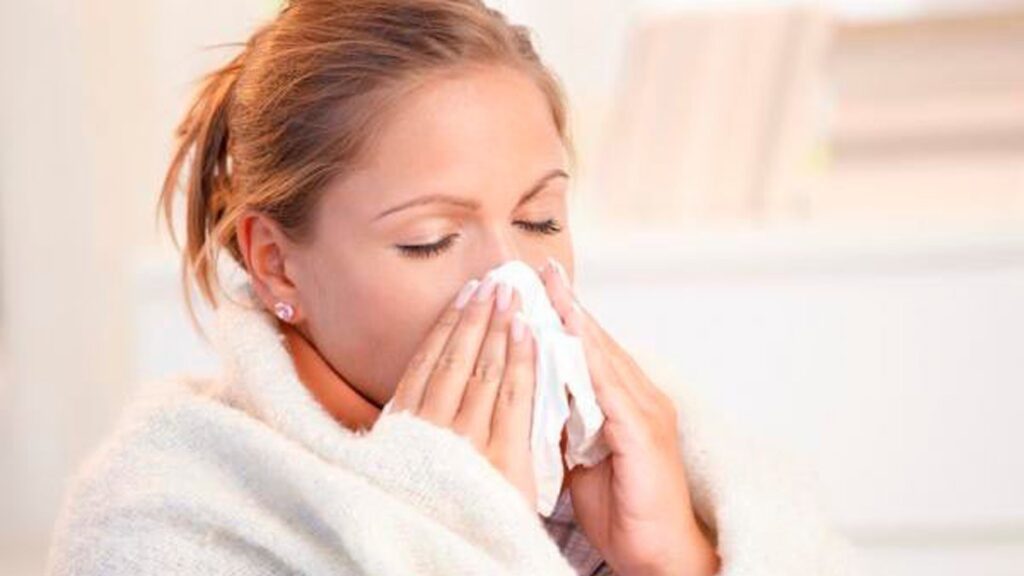
After a week or two, the signs and symptoms get worse. Thick mucus builds up inside your airways, causing uncontrollable coughing. Serious and prolonged coughing attacks might:
- Provoke vomiting
- Result in a red or blue face
- Cause extreme fatigue
- End with a high-pitched “whoop” sound at the time of the next breath of air
Although, many people do not develop the characteristic whoop. Sometimes, a continuous hacking cough is the only sign that an adolescent or adult has whooping cough.
Infants might not cough at all. Instead, they might struggle to breathe, or they might even momentarily stop breathing.
WHEN SHOULD YOU SEE A DOCTOR?
Call your doctor or primary care physician if prolonged coughing spells cause you or your child to:
- Vomit
- Turn red or blue
- Seem to have difficulty breathing or have significant pauses in breathing
- Inhale with a whooping sound
WHOOPING COUGH CAUSES
Whooping cough is caused by a kind of bacteria known as Bordetella pertussis. When an infected person coughs or sneezes, little germ-laden droplets are sprayed into the air and breathed into the lungs of anyone who happens to be nearby.
WHOOPING COUGH RISK FACTORS
The whooping cough vaccine you receive as a child ultimately wears off. This leaves most teenagers and adults vulnerable to the infection during an outbreak and there continue to be regular outbreaks.
Infants who are younger than age twelve months who are unvaccinated or have not received the full set of recommended vaccines have the highest risk for serious complications and death.
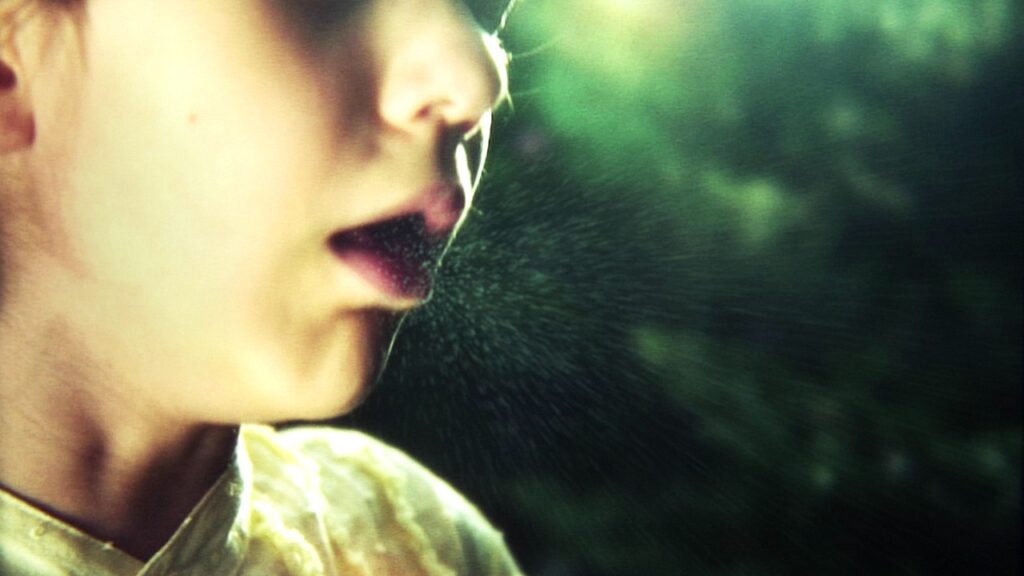
WHOOPING COUGH COMPLICATIONS
Teens and adults usually recover from whooping cough with no problems. When complications happen, they tend to be side effects of the strenuous coughing, like:
- Bruised or cracked ribs
- Abdominal hernias
- Broken blood vessels in the skin or the whites of your eyes
Infants
In infants particularly those younger than six months of age complications from whooping cough are more serious and might include:
- Pneumonia
- Slowed or stopped breathing
- Dehydration or weight loss because of feeding difficulties
- Seizures
- Brain damage
Because infants and toddlers are at the highest risk of complications from whooping cough, they are more likely to need treatment in a hospital. Complications could be life-threatening for infants younger than six months old.

WHOOPING COUGH PREVENTION
The best way to prevent whooping cough is with the pertussis vaccine, which doctors or primary care physicians usually give in combination with vaccines against two other severe diseases diphtheria and tetanus. Doctors or primary care physicians recommend beginning vaccination during infancy.
The vaccine consists of a series of 5 injections, generally given to children at these ages:
- 2 months
- 4 months
- 6 months
- 15 to 18 months
- 4 to 6 years
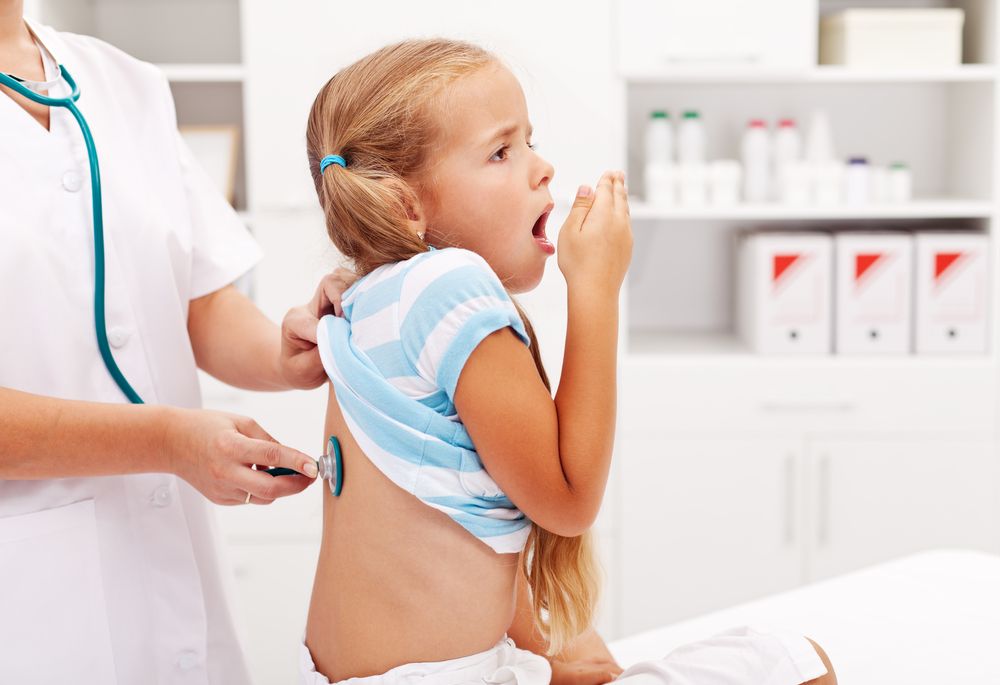
Whooping Cough Vaccine side effects
Side effects of the vaccine are generally mild and might include a fever, crankiness, headache, fatigue, or soreness at the area of the injection.
Whooping Cough Booster shots
- Adolescents – Because immunity from the whooping cough vaccine tends to wane by age 11, doctors or primary care physicians recommend a booster shot at that age to protect against whooping cough (pertussis), diphtheria, and tetanus.
- Adults – Some varieties of every-ten-year tetanus and diphtheria vaccine also include protection against whooping cough (pertussis). This vaccine will also lower the risk of transmitting whooping cough to infants.
- Pregnant women – Health experts now recommend that pregnant women receive the whooping cough vaccine between 27 and 36 weeks of gestation. This might also give some protection to the infant during the first few months of life.
Preventive medications
If you have been exposed to someone who has whooping cough, your doctor or primary care physician might recommend antibiotics to protect against infection if you:
- Are a health care provider
- Are pregnant
- Are younger than age twelve months
- Have a health condition that could put you at risk of severe disease or complications, like a weakened immune system or asthma
- Live with someone who has whooping cough
- Live with someone who is at high risk of developing severe disease or complications from a whooping cough infection
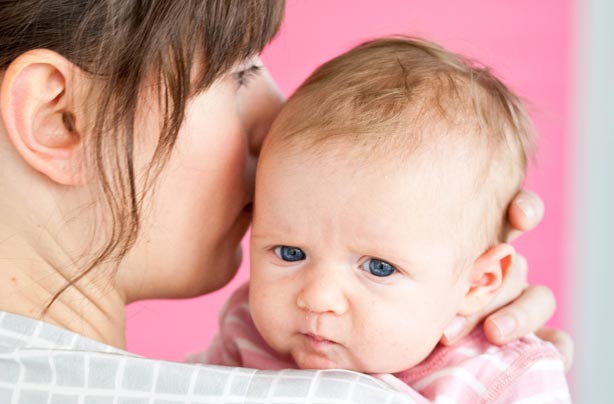
WHOOPING COUGH DIAGNOSIS
Diagnosing whooping cough in its early stages could be difficult because the signs and symptoms resemble those of other common respiratory diseases, like a cold, the flu, or bronchitis.
Sometimes, doctors or primary care physicians could diagnose whooping cough simply by asking about symptoms and listening to the cough. Medical tests might be required to confirm the diagnosis. Such tests might include:
- A nose or throat culture and test – Your doctor or primary care physician takes a swab or suction sample from the region where the nose and throat meet (nasopharynx). The sample is then checked for evidence of the presence of pertussis bacteria.
- Blood tests – A blood sample might be drawn and sent to a laboratory to check your white blood cell count, because white blood cells help the body fight infections, like whooping cough. A high white blood cell count generally indicates the presence of infection or inflammation. This is a general test and not particular for whooping cough.
- A chest X-ray – Your doctor or primary care physician might order an X-ray to check for the presence of inflammation or fluid in the lungs, which could happen when pneumonia complicates whooping cough and other respiratory infections.
WHOOPING COUGH TREATMENT
Infants are generally hospitalized for treatment because whooping cough is more dangerous for that age group. If your child cannot keep down liquids or food, intravenous fluids might be required. Your child will also be isolated from others to stop the infection from spreading.
Treatment for older children and adults generally could be managed at home.
Whooping Cough Medications
Antibiotics kill the bacteria causing pertussis and help speed up recovery. Exposed family members might be given preventive antibiotics.
Unfortunately, not much is available to ease the cough. Over-the-counter (OTC) cough medicines, for example, have little effect on whooping cough and are discouraged.
If you or anyone you know is suffering from whooping cough, our expert providers at Specialty Care Clinics will take care of your health and help you recover.
Call (469) 545-9983 to book a telehealth appointment for an at-home check-up.
